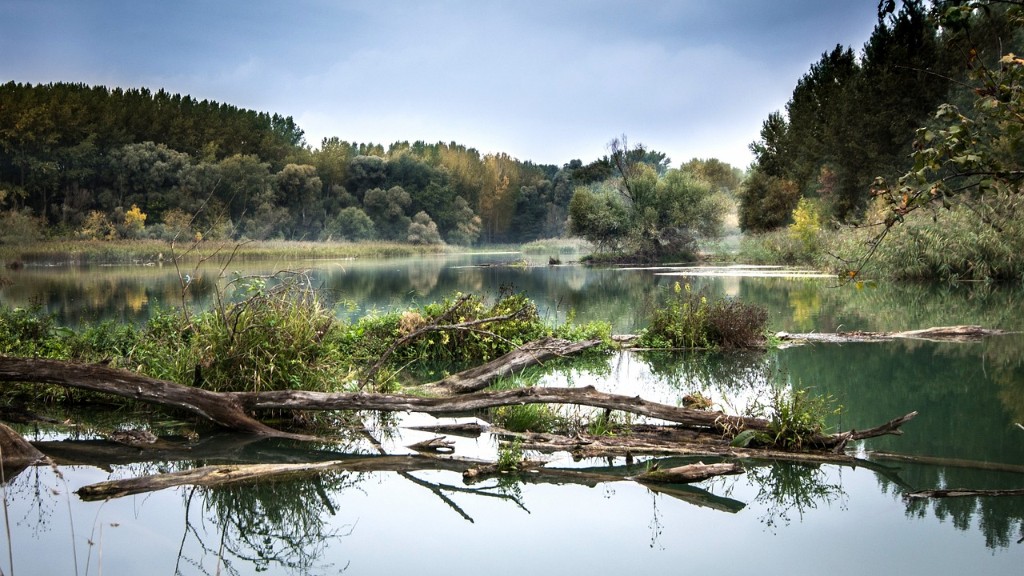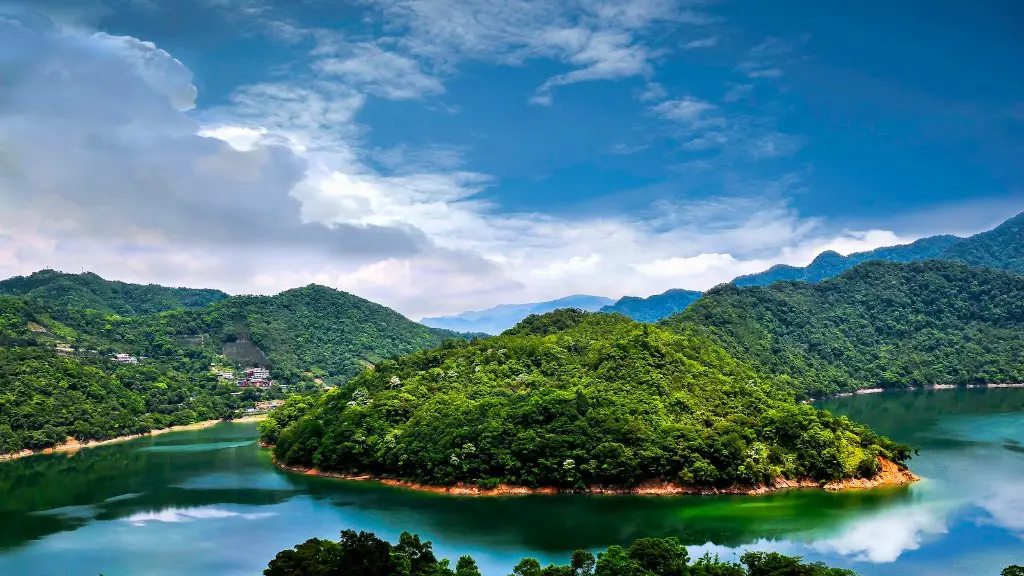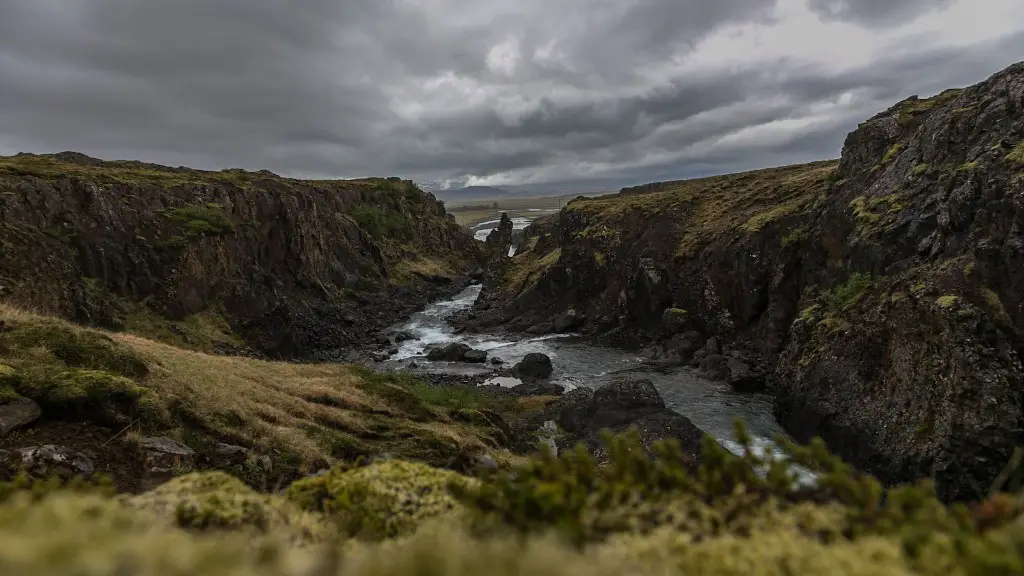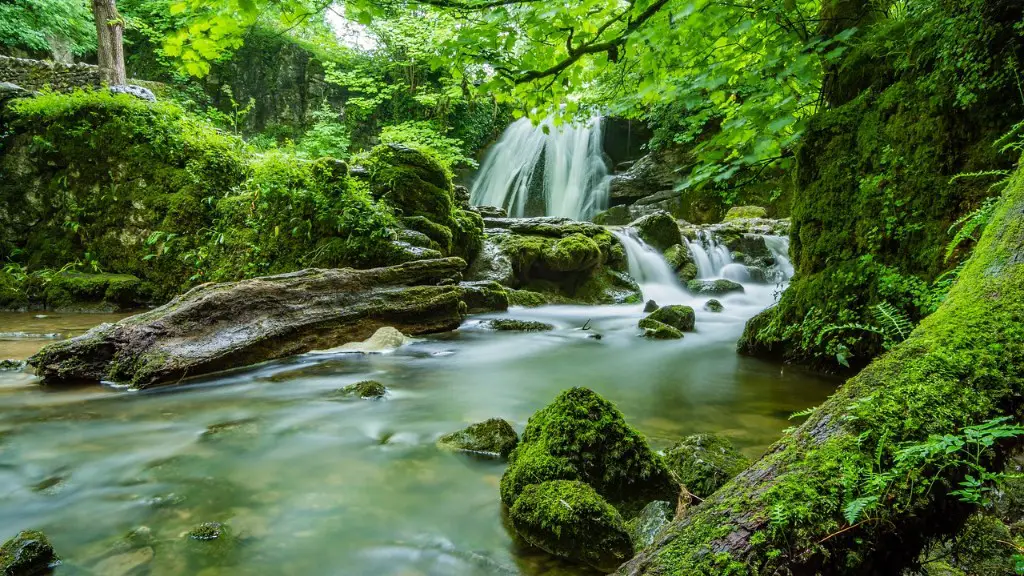The Historical Significance of the Nile River
The Nile River is a magnificent river that holds immense significance in the history of humankind. It is considered to be the longest river in the world, stretching over 6,700 km across 11 countries, including Egypt, Sudan, Ethiopia and Kenya. With its vast and diverse culture, it has been a source of life for thousands of years. From supplying irrigation for the ancient Egyptians to supporting the abundant cultures that have grown along its banks and lending its waters to an astounding range of aquatic life, the Nile River has been and continues to be, a great source of life across the African continent.
The importance of the Nile River dates back to the ancient Egyptians who used its natural resources for survival. Ancient temples, burial sites, and monuments line its banks, as the river has been a focal point of Egyptian culture since 3000 B.C. Egyptian mythology even suggests that their gods created the Nile River when they dug their way down from the heavens in an attempt to cross the desert and reach the Mediterranean Sea. As such, the river is highly valued among the locals, and those who live along it are devoted to its care and protection.
The Nile River also holds an important place in African history and politics. Its waters have been a source of irrigation, sustenance, and transportation throughout the centuries and are now seen as a major artery for the region. It is estimated that a full 85% of the population living in its vicinity depend directly on the river for their livelihood. And, as global temperatures continue to rise, the Nile is becoming increasingly vital for providing clean water and livestock to the region.
In fact, the Nile River isn’t only about its water—it houses a plethora of global environmental and naturalistic issues. Conservationists around the world have recognized the importance of preserving and protecting the river; it’s been classified as an International River due to its importance to numerous states. It is widely agreed upon that the better the environment of the Nile, the better the environment of the whole African continent, and it is this understanding that drives preservation efforts around the world.
Overall, it is clear that the Nile River is much more than just a river. It is a source of culture and history that holds immense importance for many countries and cultures throughout the African continent. It provides sustenance and protection to some of the most impoverished communities, and its conservation is paramount for the growth of the continent.
Economic and Social Importance of The Nile
The Nile River is a major economic boon to the countries of East Africa, offering invaluable resources in the form of water, energy, and transportation. Through irrigation, the Nile has provided essential sustenance to the region, making it possible to cultivate land and grow sustenance crops. The river’s sheer power has also made it an ideal source of energy, powering hundreds of nearby communities through the use of hydroelectric plants.
In addition to its economic importance, the Nile’s social and cultural influence on the region cannot be underestimated. The river has served as a source of inspiration and creation to locals for thousands of years, with ancient paintings and sculptures decorating the riverbanks and homes. Moreover, its stunning beauty and majestic wildlife have attracted travelers and adventurers for centuries. In addition, its cultural and religious importance as a symbol of creation, renewal and rebirth is unparalleled in many of the countries nearby.
Most crucially, the Nile is a source of livelihood to not just the people of East Africa, but also to immigrants from other parts of the continent. Thousands of people travel from the continent, mostly from the far northeast, to work and make a living, relying heavily on the plentiful resources of the Nile for sustenance. Thus, the Nile is an undeniable source of social development, and its importance to the livelihood of so many is often overlooked.
The Nile also plays an important role in the cultural development of the people, who often fashion rituals and celebrate festivals around the river. From weddings and funerals to traditional fertility festivals, the Nile serves as a major source of joy and pleasure, and a reminder of the beauty of life and the importance of maintaining a healthy relationship with the environment.
In conclusion, the Nile River is much more than just a river. From its vast biodiversity to the economic and social importance it brings, the Nile is an integral part of the history and culture of the African continent. Its tremendous influence on the lives of many makes it an invaluable source of life and hope for future generations.
Environmental Impact Of The Nile
The environmental impact of the Nile River on the African continent can be seen in both its conservation efforts and its impacts on the physical environment. In terms of its overall environmental impact, the Nile is home to a variety of biodiversity, including rare species of fish and birds, as well as over 150 unique flowering plants. It is also home to species of crocodiles, snakes, and lizards, which add to its rich diversity.
In terms of conservation, the Nile River is a major target of efforts to protect African ecosystems. Over the years, numerous groups of conservationists have fought to ensure that the Nile is protected and that its waters are kept clean and safe. These efforts have been greatly successful, and the Nile serves as a major symbol of commitment and dedication to the environment within Africa. The river supports sustainable fishing and farming, as well as multiple tourist attractions like the famous Lake Nasser reservoir.
However, the Nile also has a number of damaging impacts on the environment. Primarily, the river is threatened by pollution as a result of human activities. The high levels of waste, chemicals, and agricultural runoff have reduced the quality of the water, affecting migration and reproduction for many aquatic species. Desertification, caused by climate change, has also had an adverse impact on the river’s environment, reducing the flow and potentially leading to future shortages. Moreover, the construction of large-scale dams has shrunk the area of the river, further reducing its water flow, much to the detriment of its wildlife.
Finally, population growth is an important environmental impact of the Nile River. The human population is expected to triple over the next few decades, meaning the presence of people will be more concentrated. This population growth, coupled with poor management of resources, can lead to further environmental damage throughout the river’s span.
Water Security Issues Along The Nile
The Nile River is an essential source of water for arguably the driest region of the world, making its water security a major issue. The greatest threat comes from a growing demand for water, with an estimated 85 million people in the region relying directly on the river for survival. This demand is further exacerbated by climate change, caused by rising global temperatures. As the temperatures increase, so does the amount of water required to sustain a growing population. This makes the need for effective water management and water security policies even more pressing.
Currently, most of the water along the Nile flows through a number of countries, but the majority is under the control of Egypt. As a result, water security is quite precarious. Many of the countries downstream feel like they are using too little water while Egypt is using too much, making it difficult to agree on how to fairly allocate the water. In order to better manage and allocate the water, a number of governance frameworks have been established. However, these have not been positively received by all of the countries with a stake in the Nile River.
The Nile River also faces a number of pollution issues. Industrial and agricultural pollution, as well as urban wastewater, have all contributed to a decrease in water quality. Poor sanitation, agricultural runoff, and chemical runoff all contribute to the river’s pollution. Furthermore, a variety of dams have been constructed for irrigation and hydroelectric power in recent years, further reducing water quality and availability.
Overall, the Nile River is an essential source of water for the countries of East Africa. Its water security is a major issue and must be addressed if the region is to avoid future conflict and strife over water. The only way to ensure its water security is by implementing robust water management policies that fairly distribute the waters of the Nile River.
The Future of The Nile
The future of the Nile River is closely intertwined with the countries along its span, as its waters are essential for the well-being of millions of people. As such, there is a need for an integrated management scheme that will ensure the protection and conservation of the river, while meeting the demands of the region’s growing population.
In order to achieve this, there is a need for better cooperation between the countries along its path. A number of regional water management frameworks have already been established, such as the Nile Basin Initiative in Egypt, but these have been met with resistance from some of the countries with a stake in the river’s waters. Going forward, there is a need for effective policymaking and stronger relationships between stakeholders in order to ensure the future of the Nile River.
Climate change is also an important concern for the future of the Nile. As temperatures continue to increase, the demand for fresh water will grow, placing further strain on the resources of the river. The need for better conservation and protection is undeniable, as is the need to embrace renewable energy solutions. Renewable energy not only provides cleaner and more efficient energy, but can also be a major source of income in the region.
At the same time, there is a need to focus on development alongside conservation. Many communities living along the Nile rely heavily on the river for their livelihoods and are in danger of facing poverty and hunger if their resources are not protected. As such, sustainable development is essential for the future of the Nile River and its surrounding communities.
Conclusion
Overall, the Nile River is much more than just a river; it is an invaluable source of life and history for the African continent. Its importance extends far beyond its waters, supplying sustenance and protection to some of the world’s poorest countries. The river is a source of economic, social, and environmental growth, which is why its care and protection must be a priority for future generations.





